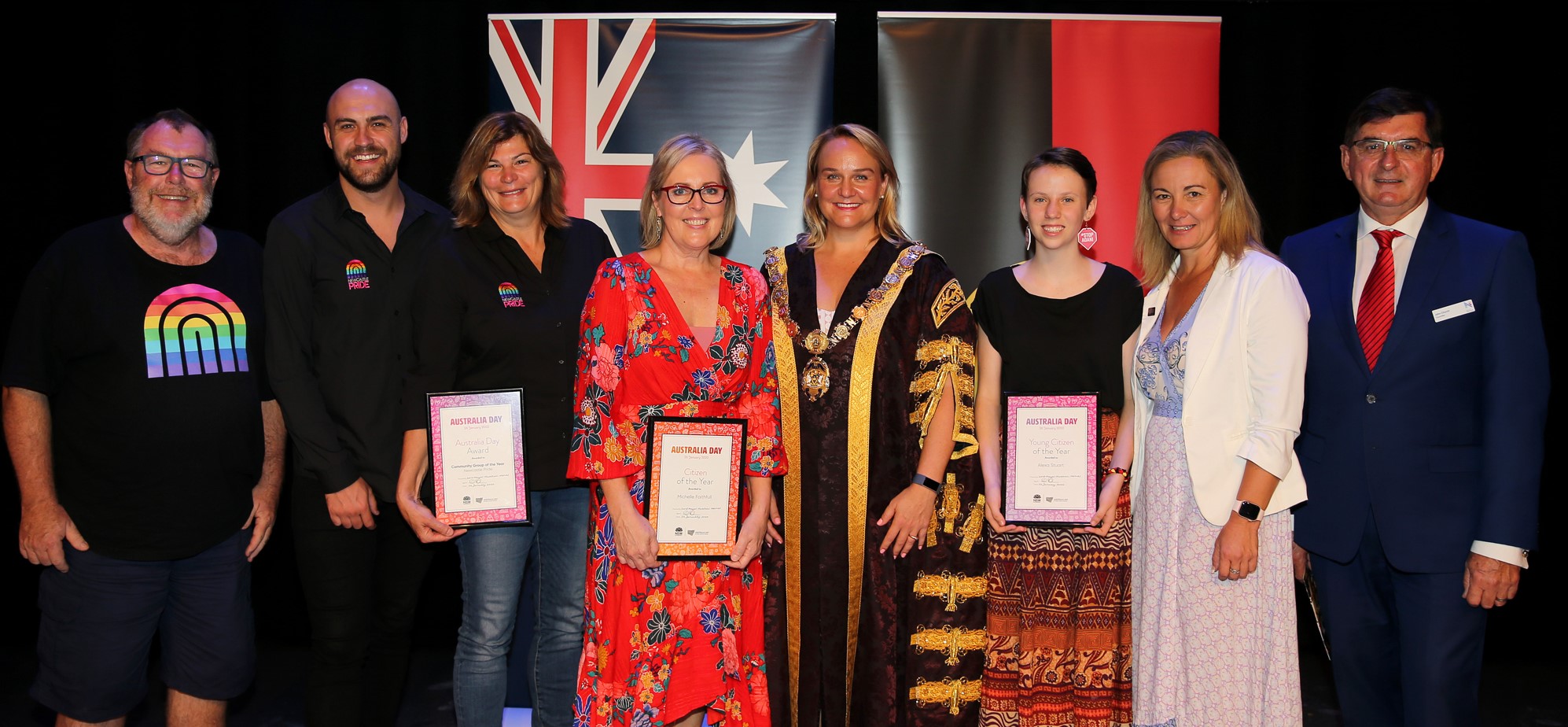A 3,000-strong legion of Service NSW staff will be trained to respond to customers in distress as the impact of drought, bushfires and COVID-19 continue to take a heavy toll on communities.
Minister for Mental Health Bronnie Taylor said the training program, which has been fast-tracked for Service NSW staff following the drought, bushfires and COVID-19, is part of a two-year investment of more than $1 million in suicide prevention training for staff working in systems outside of mental health.
“Service NSW has been at the forefront of the NSW Government’s response to COVID-19 and this training will help frontline staff to support people in distress in a compassionate and confident manner,” Mrs Taylor said.
“This is about building another layer of support outside of the health system by empowering frontline staff with the confidence and skills to reach out to people who are showing signs of distress as they go about their day-to-day lives.
“Like all frontline staff, the people at Service NSW have been doing an incredible job under pressure and this training will also help them recognise the importance of looking after their own mental health and learn ways to improve their mental fitness.”
Minister for Customer Service Victor Dominello said this specialised suicide prevention will provide Service NSW team members with useful techniques in de-escalating an immediate situation and referral options for customers who may require more specialised support services.
“This year, Service NSW was enlisted to provide frontline support to citizens affected by the summer bushfires and the COVID-19 pandemic,” Mr Dominello said.
“Service NSW staff have demonstrated time and again their ability to show empathy to customers in their time of need. This training will empower the Service NSW team to know what to do and where to go for help when dealing with customers who show signs of anguish and distress.
“During these conversations, Service NSW staff may sense when someone might be under extraordinary emotional pressure or mental stress and, in that moment, are well-placed to gently suggest ways to seek support.”
Service NSW employee Courtney Wilks said this training has already made a difference to how she engages with customers.
“I feel more confident in managing customers who are angry, distressed or anxious because I know how to help them in that moment and to reassure them that they are not alone.”
The training initiative is part of Towards Zero Suicides, a Premier’s Priority that is delivering an $87 million investment over three years in new suicide prevention initiatives.
If you, or someone you know, is thinking about suicide or experiencing a personal crisis or distress, please seek help immediately by calling 000 or one of these services:
- Lifeline 13 11 14
- Suicide Call Back Service 1300 659 467
- NSW Mental Health Line 1800 011 511

 2020 Australia Day Award recipients Newcastle Pride (Community Group of the Year), Michelle Faithfull (Citizen of the Year) and Alexa Stuart (Young Citizen of the Year) with Lord Mayor Nuatali Nelmes and Councillors Peta Winney-Baartz and John Church at January’s award ceremony.
2020 Australia Day Award recipients Newcastle Pride (Community Group of the Year), Michelle Faithfull (Citizen of the Year) and Alexa Stuart (Young Citizen of the Year) with Lord Mayor Nuatali Nelmes and Councillors Peta Winney-Baartz and John Church at January’s award ceremony.